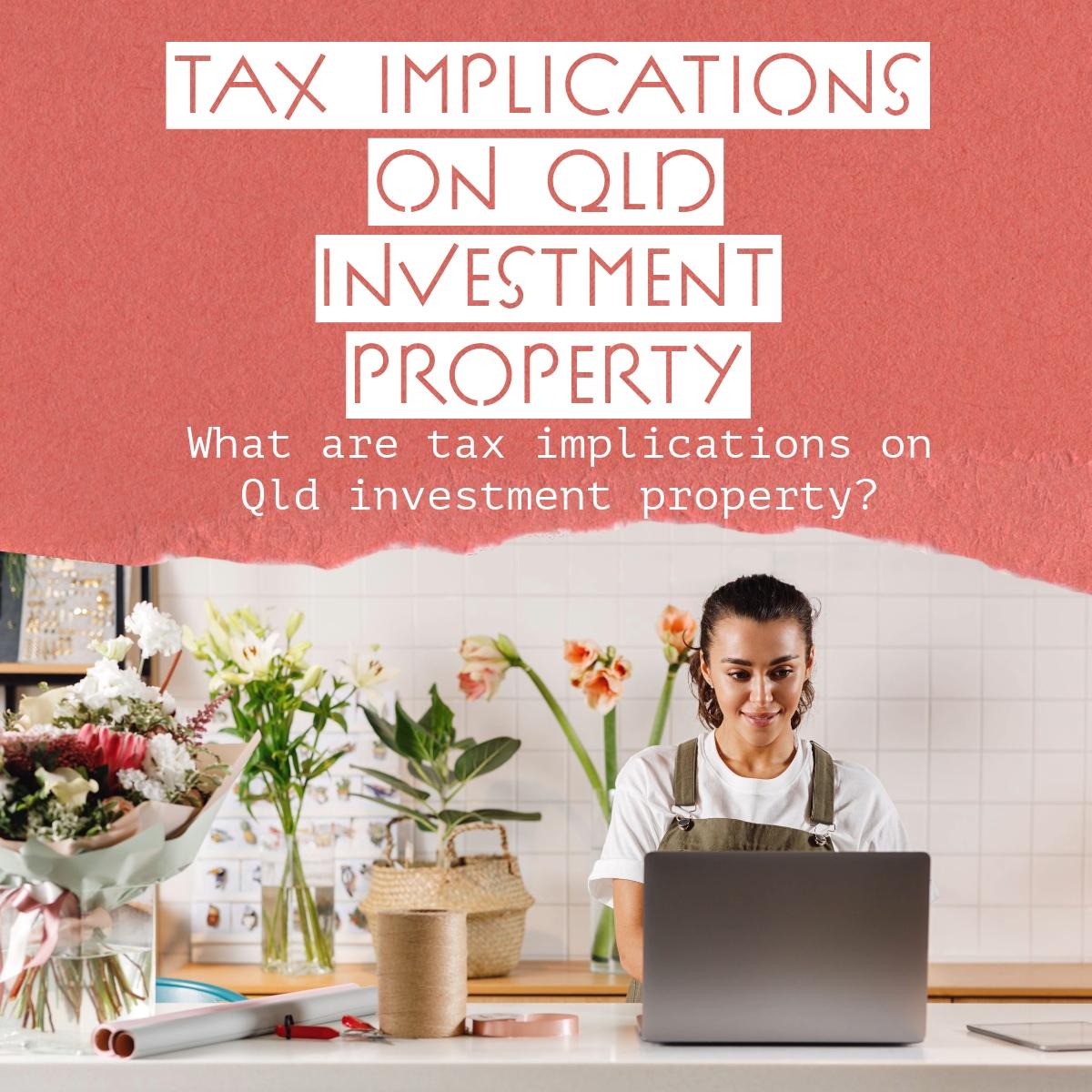What are tax implications on Qld investment property?
Wow, what a complex question.
This is generally the first question we are asked at Capitl by first time investors, and so it should be.
While everybody has different financial profiles, the tax benefits are pretty much the same for everybody, it's just the amounts that vary.
So, here's a snapshot of what you can expect from your investment.
Tax implications for an investment property in Queensland, Australia, are subject to various factors, including the property's use, ownership structure, and your individual circumstances. Here are some key tax considerations:
Rental Income: Any rental income you receive from your Queensland investment property is generally taxable. You must declare this income on your annual tax return.
Deductions
You can claim all sorts of deductions to reduce your taxable income, including:
Interest Expenses: Interest on loans used to purchase the property is usually deductible and with rates the way they have been, this is a very important part of the whole process.
Property Management Costs: Who likes paying management fees, no one that's who, but all fees paid to property managers or agents are deductible.
Repairs and Maintenance: Expenses for repairs and ongoing maintenance can be claimed, good reason to consider buying new, fewer outgoings more cash back to you.
Depreciation: You can claim deductions for the depreciation of the building and its fixtures and fittings, that's why new purchase is a better option, that's my opinion and sticking with it.
Council Rates and Insurance: These expenses are generally deductible.
Loan Setup Costs: Most loan-related expenses can be claimed over time, can't claim Stamp Duty, sorry.
Capital Gains Tax (CGT): When you sell the property, you may be liable for CGT on any profit you make. However, there are some exemptions and discounts available. The amount of CGT you pay depends on factors like how long you've owned the property and whether it was your primary residence at any point.
If you are paying CGT you made money, the tax man always wants his share, don't be too greedy.
Negative Gearing: Many property investors in Australia engage in negative gearing, where the costs (e.g., mortgage interest) exceed the rental income. The loss can be offset against other income, reducing your overall tax liability.
Gearing to the negative can help you get into the market. At Capitl we design our clients property around their financial profile so we can keep the cashflow, in most cases positive. Give us a call and see how do what we do.
Ownership Structure: Your tax liability can vary depending on whether you own the property individually, through a partnership, trust, or company. Each structure has its own tax rules. This can be a complex issue, get it right the first time. At Capitl we specialise in investment property, how can we help?
Land Tax: Queensland imposes land tax on the unimproved value of land. The rates and thresholds can change, so it's essential to be aware of the current rules. Currently its $600,000, which represents total land value only not the house.
Stamp Duty: When you purchase the property, you'll need to pay stamp duty, which is also subject to change and can vary depending on the property's value and purpose, but not tax deductible.
It's crucial to consult with a tax professional or accountant with expertise in Australian property tax laws to ensure you comply with all regulations and take full advantage of any available deductions.
At Capitl we provide the complete information package, by staying up to date with the latest information, which is essential for effective tax planning.
Give us a call at Capitl, I know we can help.










